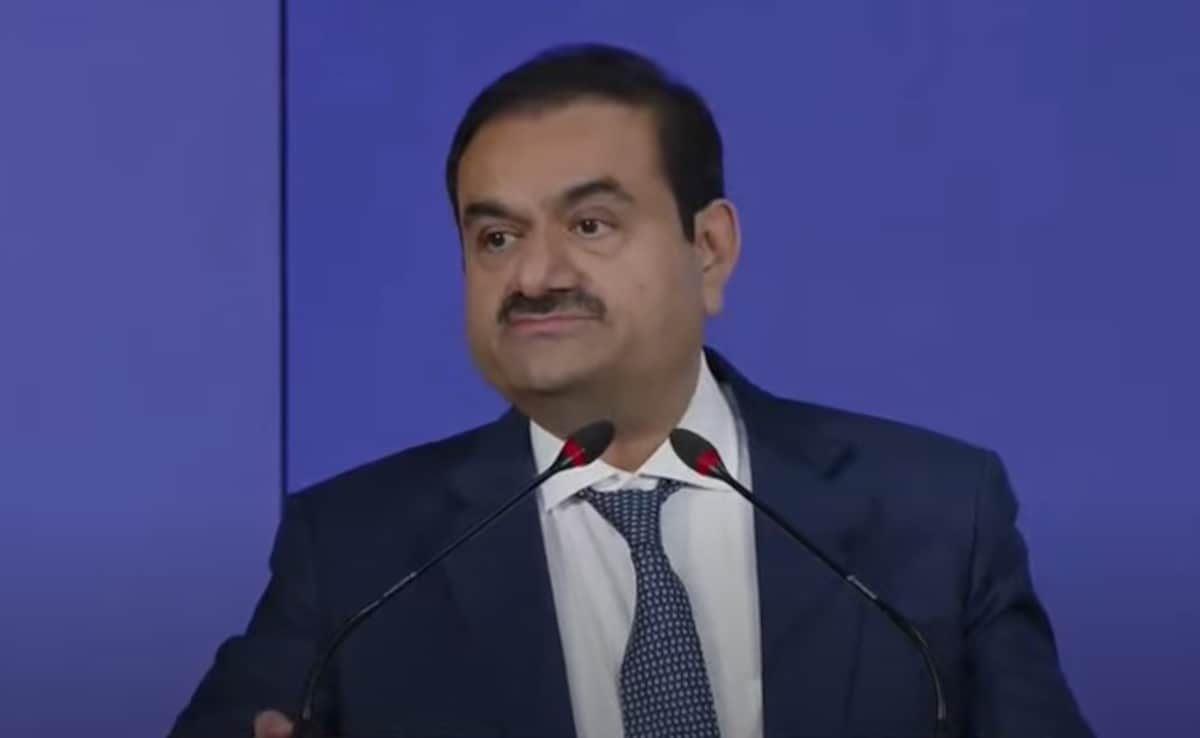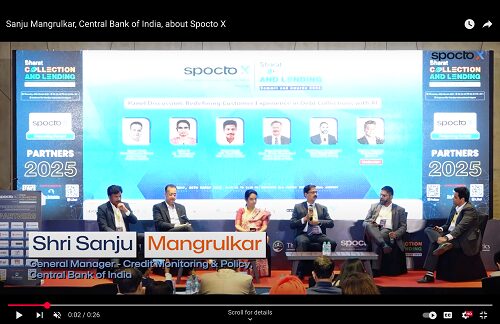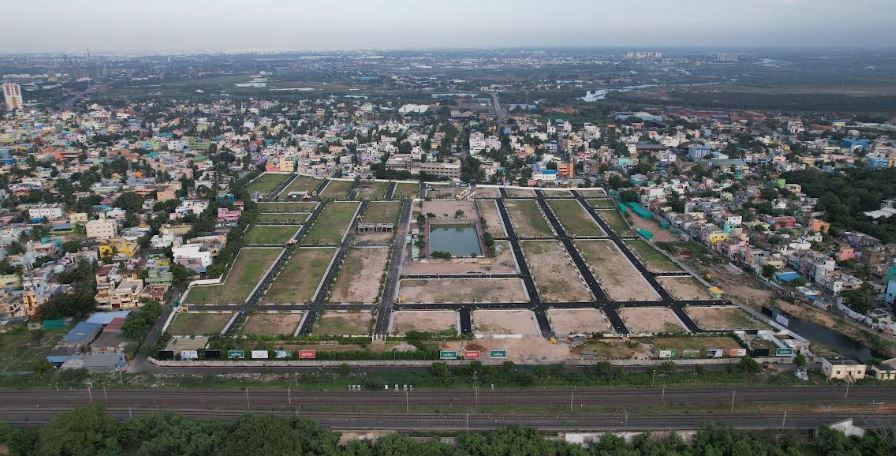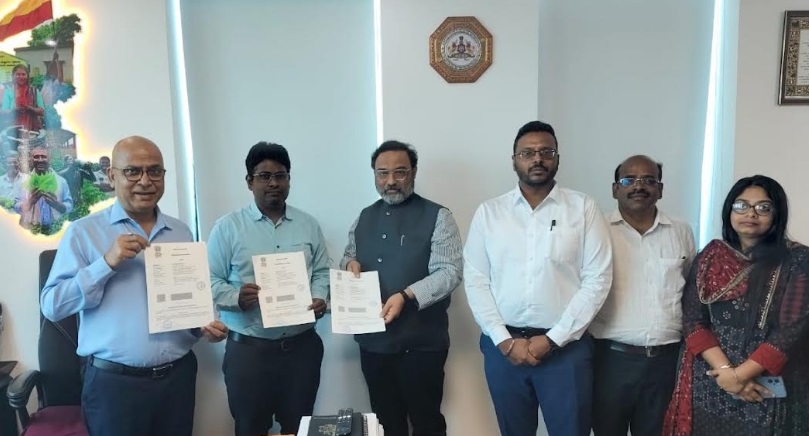Urging students to dream big, Adani Group Chairman Gautam Adani said on Thursday that the true measure of a leader is not in the titles he achieves but the legacy he leaves behind.
Addressing a special Teachers’ Day Event, ‘Breaking Boundaries’, at the Jai Hind College in Mumbai, Mr Adani spoke of his journey from the time he decided to leave his education at the age of 16 to becoming the founder of one of the country’s most successful conglomerates, his inspirations, the challenges he has faced, and India’s journey to becoming an economic powerhouse.
“Consider the early titans of the US industry, such as John D Rockefeller, Cornelius Vanderbilt or Andrew Carnegie, who built the infrastructure that shaped the future of the United States or our own visionary leaders like JRD Tata, GD Birla and Dhirubhai Ambani, who played invaluable roles in transforming India’s economic landscape. These leaders did more than just build businesses, they established legacies… They showed that the true measure of a leader is not in the titles but in the legacies they leave behind,” Mr Adani said.
‘Challenges, Not Barriers’
Asserting that it is easy to criticise the present, the Adani Group Chairman said history has a way of highlighting the profound contributions of those who dare to break boundaries.
Recounting his teenage years, Mr Adani said, “I was just 16 when I decided to break my first boundary – giving up my education and choosing to move to an unknown future in the city of Mumbai. People still ask me why I did that, and the answer lies in the heart of every young dreamer who sees boundaries not as barriers but as challenges that test his courage. I was driven by a need to see if I had the courage to make a life for myself in the most happening city of our country.”
The industrialist said Mumbai was a training ground for him in the world of business and that is where he learnt how to trade in diamonds. The city, he said, taught him that to think big, one must first dare to dream beyond one’s boundaries.
Next Phase
At the age of 19, Mr Adani was asked by his elder brother to help run their PVC film factory near Ahmedabad. He said restrictive import policies posed a challenge to the business and he saw the beginning of transformation in India in the mid-1980s.
“In 1985, under the leadership of Rajiv Gandhi, the country took its first steps towards economic liberalisation. The easing of import policies opened up new possibilities for businesses. Having run our PVC factory, I understood the pains of the small-scale import sector and therefore, despite having no prior experience in trading, I saw an opportunity. I took a leap and established a trading organisation for importing polymers to supply to the struggling small-scale industries,” Mr Adani recalled.
Highlighting the reforms of 1991, the Adani Group chairman said the year was about the liberalisation of business. “And in 2014, under the leadership of Prime Minister Narendra Modi, the essence of freedom was further accelerated as reforms and good governance took centre stage. All these years stand as turning points in India’s remarkable journey,” he said.
“Those who dared to break boundaries, capitalised on opportunities and set themselves up for success… Looking back, we were one of them. In every crisis lies the potential for a reinvention, and it is our courage during such moments that defines the path to greatness,” he added.
Tracing his journey over the years, the Adani Group chairman said he understood the combined value of speed and scale and recognised that the group needed to invest in assets that would provide a solid foundation for growth.
“I realised that to break the next set of boundaries, I would have to start with challenging my own status quo. The future belongs to those who dare to see beyond the present, who recognise that today’s limits are tomorrow’s starting points,” he said.
‘Canvas Waiting To Be Transformed’
Speaking about the Mundra port in Gujarat, the Adani Group chairman said that what others saw as barren marshy land was seen by the group as a canvas waiting to be transformed.
“That canvas is now, by far, our nation’s largest port. Mundra became my ‘karmabhoomi’ and made my vision a reality… a powerful testimony to the fact that what you dream, you create; and what you think, you become. Mundra today boasts of India’s largest port, the largest industrial special economic zone, the largest container terminals, the largest thermal power plants, the largest solar manufacturing facility, the largest copper smelter and the largest edible oil refinery,” Mr Adani said.
“And yet, we are only 10% of what Mundra will eventually become. It stands as a living monument to the power of integrated business models and the strategic value of adjacencies… challenging the very concept of core competencies that the West advocates. Over the years, I learnt a vital lesson: the bigger your bets, the bigger are the boundaries you break and the bigger boundaries you break, the lesser is the competition,” he added.
Highlighting the Group’s success in the Khavda renewable energy project, Mr Adani also explained why the Group had taken up the redevelopment of Dharavi.
“For me, Dharavi is not just about urban renewal. It is about restoring dignity to over one million residents of our country. It is about the possibilities when you dare to dream big and act with purpose,” he said.
Global Contender
Mr Adani also spoke about the attack on the conglomerate by the short seller Hindenburg Research and how the group has emerged stronger.
Reiterating his belief in India’s future, the Adani Group chairman said the country has transformed from a minor player to becoming a formidable global contender.
“A democracy whose time has come cannot be stopped and India’s time has arrived. The future is ours to create and the boundaries we break today will define the India of tomorrow,” he said.














